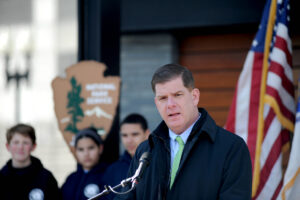Election 2020: The July 31st Democratic Primary Debates
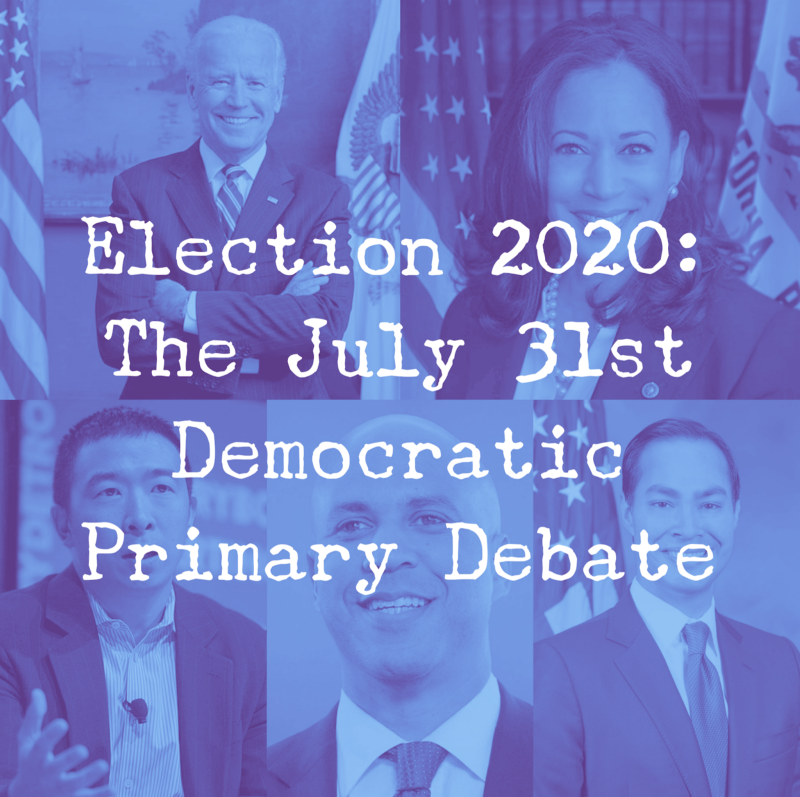
Last night was an interesting debate, wasn’t it? Bernie Sanders and Elizabeth Warren, the top two candidates of the night, were seemingly under attack from start to finish. Marianne Williamson, John Delaney, and John Hickenlooper got a lot more screen time. People actually heard from Congressman Tim Ryan! What will happen tonight? (Click here for previous coverage leading into the June 26th and June 27th debates.)
Today marks the second night for the July debates. Similar to June, the debates will be split between two nights, with ten candidates per night. To qualify for these debates, candidates must either reach one percent support in three separate polls or meet a grassroots fundraising threshold of 65,000 people, with at least 200 people per state in at least 20 states. If more than 20 candidates meet at least one of these criteria, the DNC gave preference to candidates who satisfied both.
The following candidate list is for the July 31st debate. All poll numbers are from RealClearPolitics as of Monday, July 29, 2019.
Michael Bennet (0.2%)
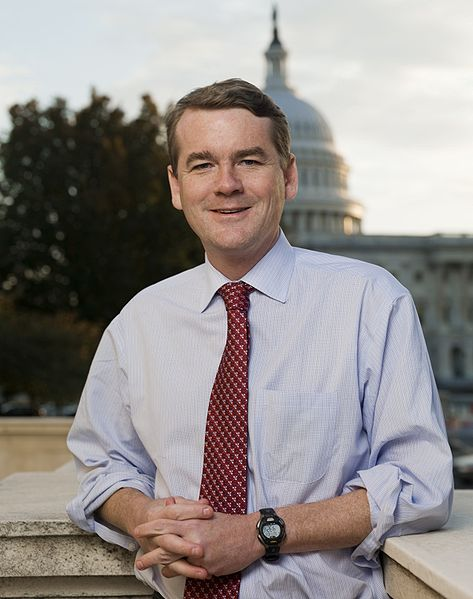
Colorado Senator Michael Bennet of Colorado, a moderate Democrat, hasn’t made much of a splash in the polls so far. He is one of ten candidates still polling under one percent, and one of three still polling under a half percent. He’s on my short list of folks being eliminated by the September debates. But, for now, he’s qualified for tonight.
Since last time, Senator Bennet’s honestly only released a new health care plan for rural America. His proposal includes Medicare X, addressing prescription drug costs, and combating substance abuse (like the opioid epidemic). It provides tax credits for those earning below 400 percent of the federal poverty threshold and invests billions of dollars toward drug costs, including requiring opioid manufacturers to buy in.
Joe Biden (32.0%)
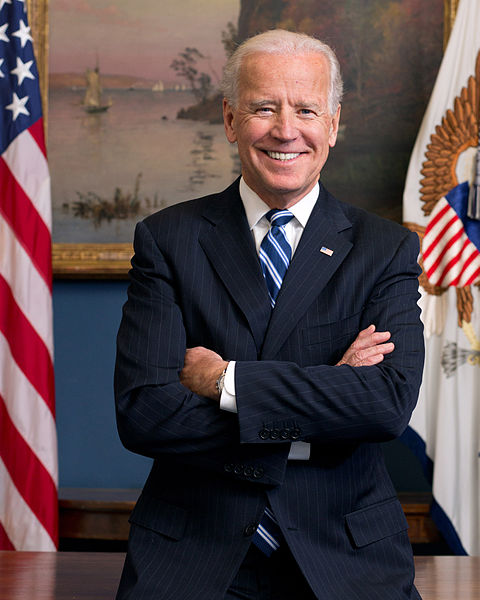
Former Vice President Joe Biden got savaged in the previous debate. He lost more than four points immediately following, though he’s managed to recover front-runner status after a vulnerable month. His biggest advantage right now seems to be that his recently unveiled health care plan is significantly more popular than Medicare for All. There’s also the fact that he’s, you know, Mike Pence’s predecessor.
Biden’s aforementioned health care plan is essentially an Obamacare public option. Aside from this, the former vice president has unveiled a new plan for rural America, a new Social Security plan, and spent time defending his civil rights record since the June debates. I expect him to come out swinging tonight, as he’s on stage with every single non-white candidate running for president.
Bill de Blasio (0.7%)
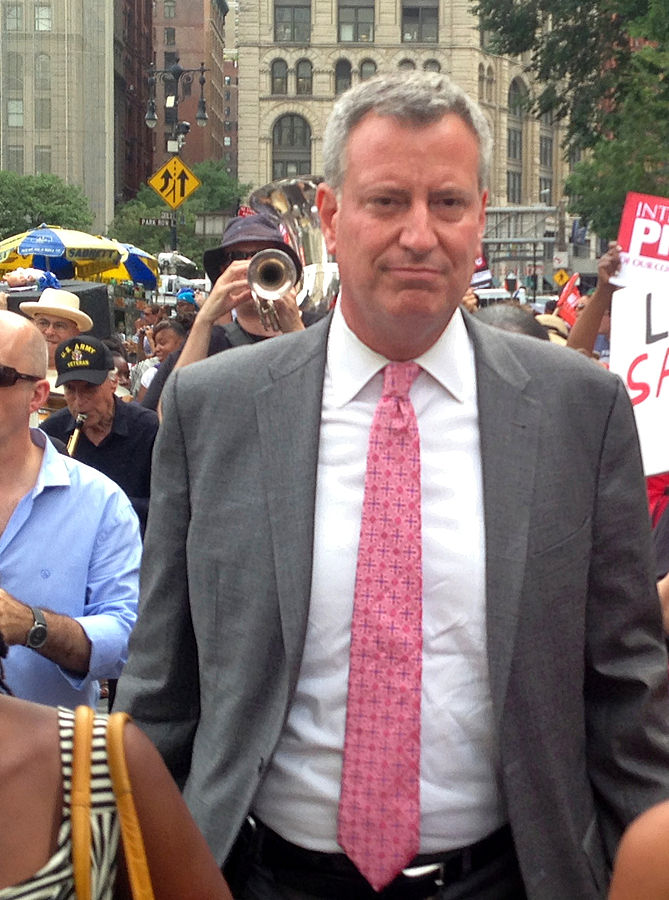
New York Mayor Bill de Blasio had a decent showing last debate. He’s picked up insignificantly in polling over the last month, but he’s managed to remain qualified for this debate. I can’t tell you much about him that I haven’t before, other than him having a black son who wrote an op-ed about him following the previous debate. Did I mention he has a black son?
Outside of him using the media to attack his competition, the only real thing of note since June for de Blasio was an op-ed he authored in BuzzFeed News to introduce his “21st Century Working People’s Bill of Rights”. This proposal includes guarantees for paid family leave, two weeks paid vacation, and an end to at-will work, among other things.
Cory Booker (1.5%)
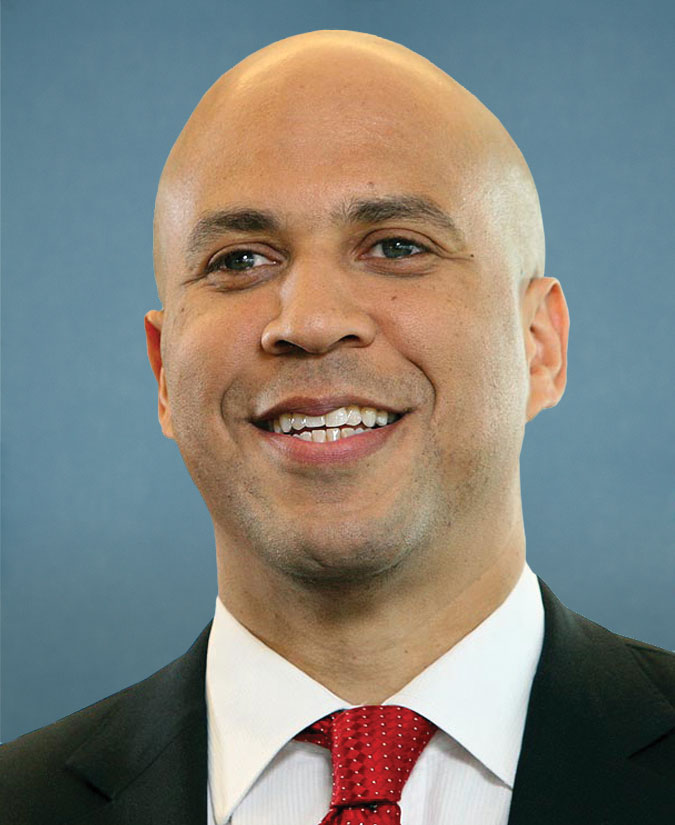
New Jersey Senator Cory Booker is in a tough spot. He saw no change in his polling immediately following the last debate but has had a slight decline in the ensuing weeks. This is all while he’s made various appearances at events like Essence Festival! Are voters just not buying what he’s selling?
Aside from speaking at Essence, Senator Booker wrote an op-ed in CNN advocating for the Food and Agribusiness Merger Moratorium and Antitrust Review Act and attended San Diego Comic-Con. The senator also released a new immigration plan that would “virtually eliminate immigration detention” and some new health care policy proposals. Booker has pre-qualified for the third debate in the fall, so I expect to see him hold out a little longer and pick up support in the coming weeks.
Julián Castro (1.0%)
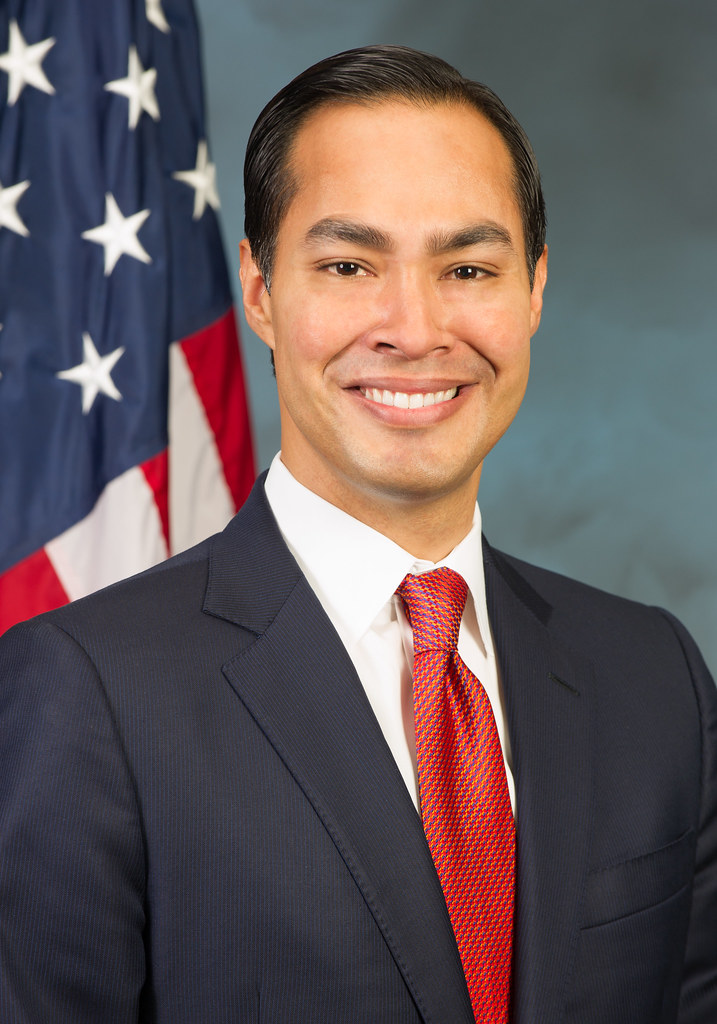
Secretary Castro had a decent debate showing last month. He got a small bump in the polls after he chewed out fellow Texan Beto O’Rourke in immigration policy, taking full ownership of the issue from the perspective of the Democratic Primary.
The former HUD secretary recently announced his support of DC statehood. He also unveiled his “People First Indigenous Communities” plan centered on politically empowering Native American communities. He also qualified for the third debate.
Kamala Harris (10.5%)
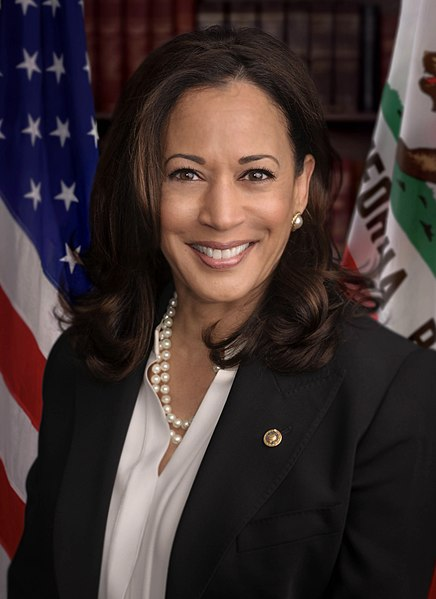
You’d be hard-pressed to find an outlet that denied Senator Kamala Harris won the last debate. Following her back and forth with Vice President Biden, she had the highest bump in polling, doubling her figures the week immediately afterward. While she was unable to maintain that bump in full, she has held enough of it to stay in double digits and remain a clear top-five candidate.
Since the June debate, Harris has been somewhat quiet, making small speeches on the campaign trail. She made an appearance at Essence Festival and recently unveiled her new health care plan, which Politico describes as “Medicare for All — with private insurers”; it’s a bit of a contradiction given her support of Senator Sanders’ current bill and her commentary in the previous debate. The junior senator also unveiled a plan to invest $60 billion in HBCUs. Will this be enough to propel her forward heading into the fall debates?
Tulsi Gabbard (0.8%)
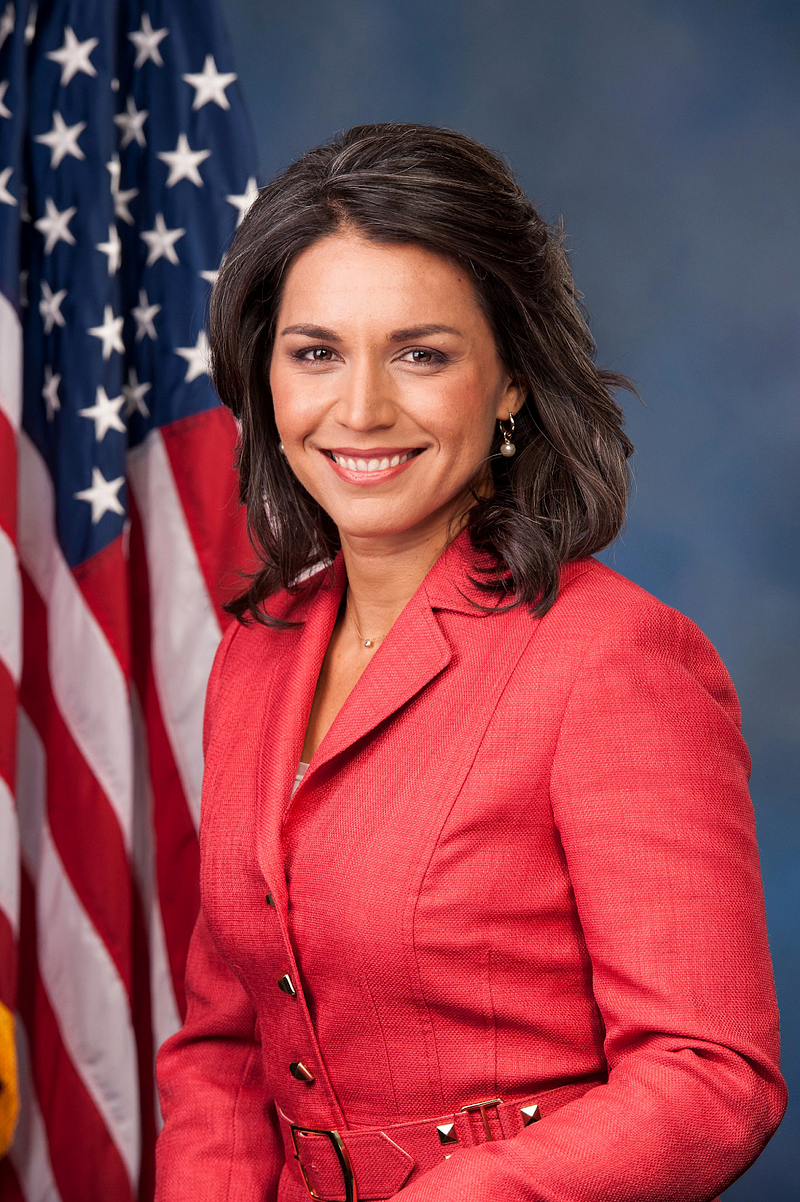
Representative Tulsi Gabbard of Hawaii was one of the winners of the previous debates. Since then, she has pushed to move her poll numbers, moving up from a half percent to just under a full percent. The moderate Democrat will be looking to pick up more supporters following this debate and the eventual drop-off of candidates leading up to the fall.
The congresswoman recently filed a $50 million lawsuit against Google over advertising censorship; this lawsuit revolves around an account suspension that allegedly occurred during the previous debate nights last month. She’s also made the rounds on various news outlets advocating for her campaign.
Kirsten Gillibrand (0.5%)

I’m not surprised that Senator Gillibrand is not gaining much traction. Up to this point, she’s been running on virtually a single issue (albeit an extremely important one). I wonder if she still has time to run for another term? In all seriousness, though, she’s determined to continue full steam ahead and show the world how wrong we are.
To start, the New York senator has released a $10 trillion climate change plan and a new foreign policy agenda. The former is in line with her sponsorship of the Green New Deal and calls on a carbon tax, new green jobs, and improving infrastructure in rural communities. The latter calls for an end to “endless wars”, advocating for smaller scale counterterrorism operations rather than occupying foreign territory and calling for a repeal of the Authorization for Use of Military Force (AUMF). Senator Gillibrand also called for a new law prohibiting war authorization “without a clear time limit, without naming specific enemies, and without geographic parameters.”
Jay Inslee (0.0%)
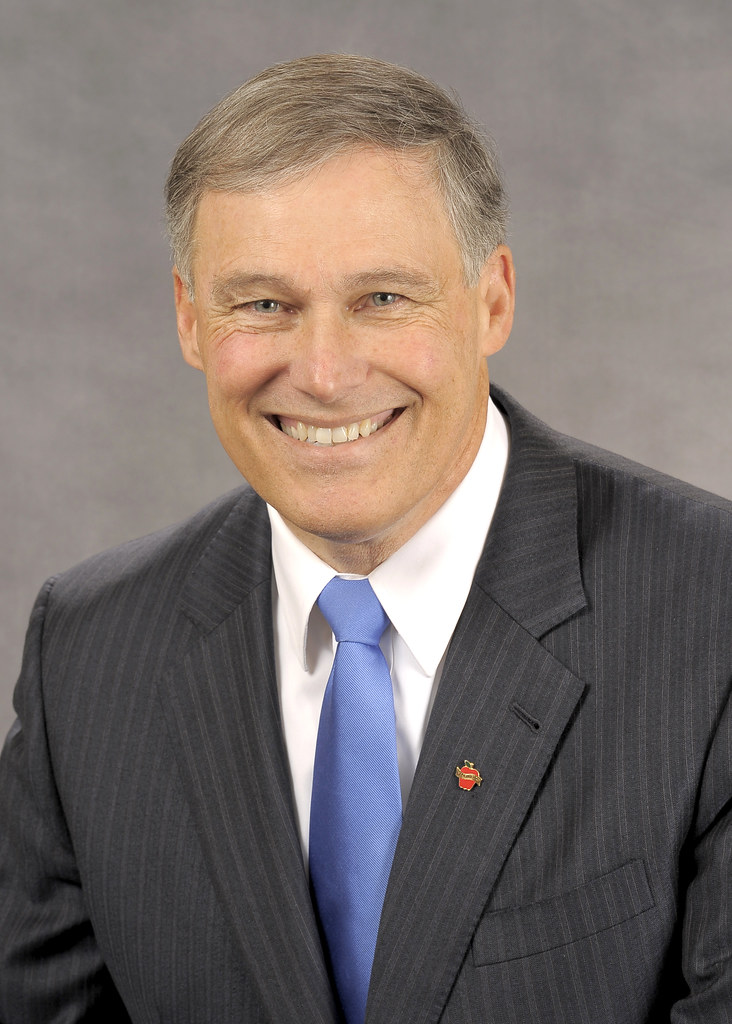
I’ve really tried to be nice for a lot of the candidates, but I have to be blunt here: Washington Governor Jay Inslee is nonexistent. Seriously, his Google Search trend numbers are higher than his polling. He’s been doing everything he can to change that, but seemingly to no avail. This debate, in my honest opinion, is his last stand. But I could be wrong.
Since his previous outing, the Washington governor has released a new education plan and an economic plan to restore unions and increase wages dubbed “The American Dream: Investing in Unions and Workers.” He has also released a five-part climate change policy dubbed the “Climate Mission Agenda”, the centerpiece of his campaign. When put together, Inslee intends to create a robust economy and foreign policy based on clean energy infrastructure and production. This, in turn, would create more jobs and increase wages. Since his plan is likely the closest to a tangible Green New Deal, let’s see if it works for him after the debate.
Andrew Yang (2.0%)
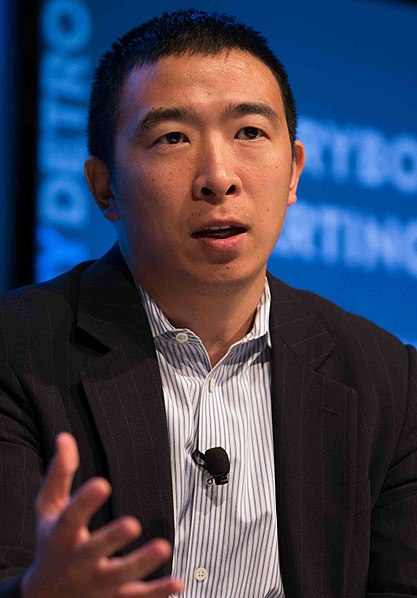
Andrew Yang is a very interesting candidate. He came out of nowhere, has a large internet following, and seemingly willed his way into a top ten slot. Personally, I think he needs to sharpen his debate skills, but he seemed to have also been negatively impacted by a “malfunctioning” mic during the last debate. Notwithstanding, he’s consistently stayed on message and it’s working for him as he continues to climb in the polls. If he focuses on mastering the debate format and getting it to work for his platform, he could be a dangerous dark horse for the established candidates.
Since June, Yang has unveiled his plan for improving services for veterans. This plan would allow them to translate their military skills into job qualifications, such as field medics being admitted as EMTs after transitioning into civilian life. It would also qualify veterans for in-state tuition at public schools regardless of how long they’ve lived in their state. On top of this, Yang intends to address veterans’ mental health concerns and cut their suicide rates in half by the end of his first term in office.
How do you feel about the candidates? Be sure to watch tonight’s debate to see how they do! Tune in to CNN tonight from 8 to 10 PM!
Want to keep up with PubSquare? Follow us on Twitter and Instagram!
Want to keep up with The RYM? Like us on Facebook, follow us on Twitter, follow us on Instagram, or join our mailing list below!



